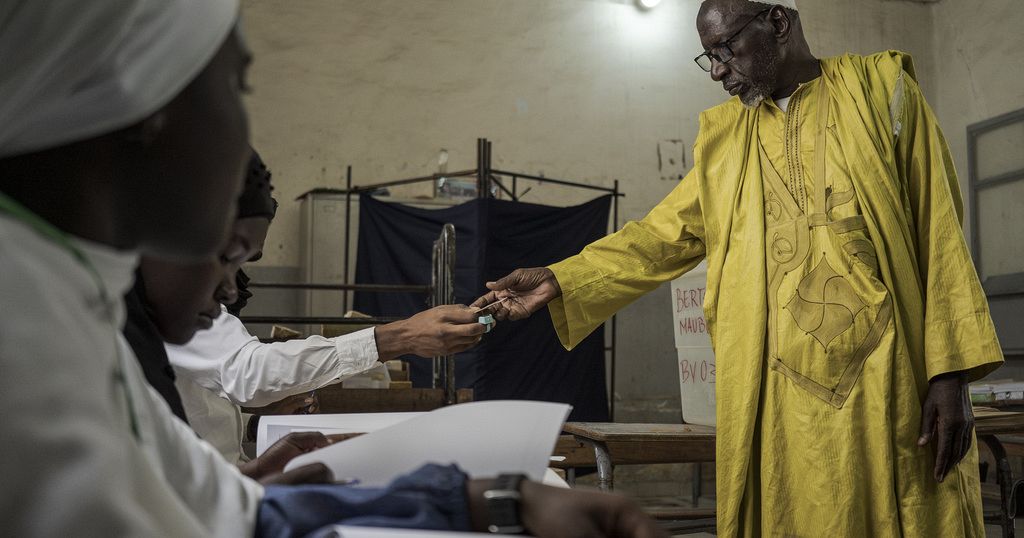South Africa’s Tyla ignites cultural debate on racial identity

South Africa’s rising music sensation, 21-year-old Tyla, finds herself at the center of a cultural clash over the term she uses to describe her racial identity – “coloured.” Tyla, who gained fame through TikTok, proudly showcased her mixed-race heritage in a video that has since ignited a heated online discussion.
In the clip, Tyla, adorned in traditional attire, declares herself a “coloured South African,” emphasizing her connection to various cultures. However, this seemingly innocent expression has sparked controversy, particularly in the US, where the term is viewed as a slur due to its historical associations with segregationist laws.
Tensions rise as Americans online express their discomfort with Tyla’s use of the term, warning that it could impact her career in the American market. In contrast, in South Africa, “coloured” is an officially recognized identity, rooted in the complex history of a community formed under apartheid rules.
The coloured community, constituting 8.2% of South Africa’s population, has a rich cultural tapestry born out of diverse origins but unified during the apartheid era. Despite the challenges faced by the community, individuals like Tyla embrace and celebrate their identity.
Renowned South African radio host Carissa Cupido, who interviewed Tyla two years ago, commends the artist for popularizing the unique amapiano sound and achieving international success. Cupido, who grew up in a predominantly coloured area, expresses joy at seeing Tyla break barriers and become a source of inspiration for the next generation.
Despite Tyla’s success, her use of the term “coloured” faces criticism from some in the US who argue its historical connotations. South African experts caution against imposing American perspectives on Tyla’s identity, emphasizing the importance of respecting her self-identification.
As Tyla prepares to release a new album and receives a Grammy nomination, the debate around her racial identity is poised to continue, highlighting the broader conversation on cultural sensitivity and understanding in the global music industry.
Source: Africanews















